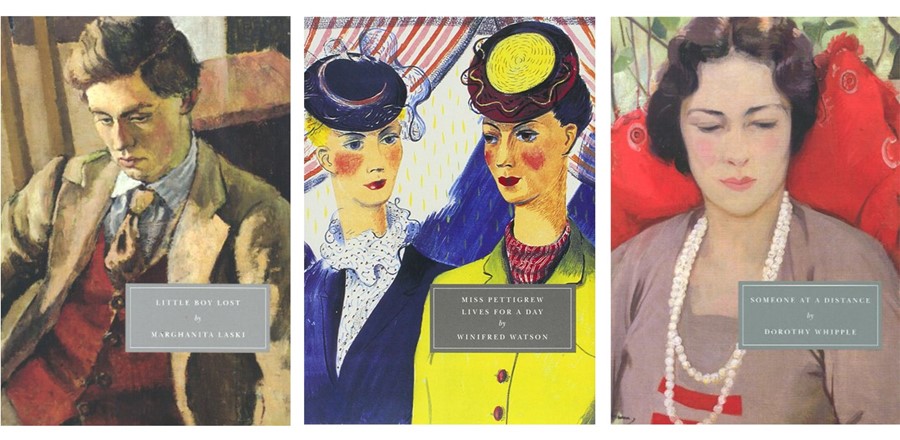The founder of Persephone Books, a publishing house dedicated to out-of-print female writers, presents her recommended reading list for the modern woman
Beneath a canopy of trees on London’s quietly grand Lamb’s Conduit Street sits a grade II-listed building which was constructed in 1702, not long after the devastation of the Great Fire of London tore through the English capital. The history behind the quaint shopfront is not wasted on Nicola Beauman, author and founder of Persephone Books, the London-based publishing house and bookshop which has occupied the building’s ground floor for some years. “The street was developed by Nicholas Barbon, an economist, quoted by Marx on the second page of Das Kapital, who invented fire insurance after the Great Fire of London,” she proudly explains on the Persephone Books website. “Formerly called Red Lion Street, the present name derives from the conduit provided by a William Lamb, from which water ran through open wooden pipes down to the city.”
Lamb’s Conduit Street’s rich and varied history makes an entirely appropriate environment for the bookshop to flourish in. Beauman deals in timelessness, publishing neglected works by out-of-print women writers, predominantly from the mid-20th century, though the occasional male writer makes the mix too. As it stands, the count is at 115 titles, and includes the likes of Virginia Woolf, Dorothy Whipple, and Cicely Hamilton, whose William – An Englishman was the first to be published by Persephone. All of the titles are “intelligent, thought-provoking and beautifully written,” the website boasts, “and are chosen to appeal to busy people wanting titles that are neither too literary nor too commercial.” What’s more, they’re beautiful printed: each comes covered in a pale grey dust jacket and lined with a patterned, ‘fabric’ endpaper and matching bookmark – a stylistic and formal characteristic which has become synonymous with Persephone’s considered approach.
So what of the literary preferences of the woman at the centre of the operation? AnOther pinned down Beauman to find out which five books she considers most influential on her admirable career, and was met with a surprisingly candid and revealing selection. Woolf is in there of course, as is Whipple, making hers an unmissable reading list for the modern woman.
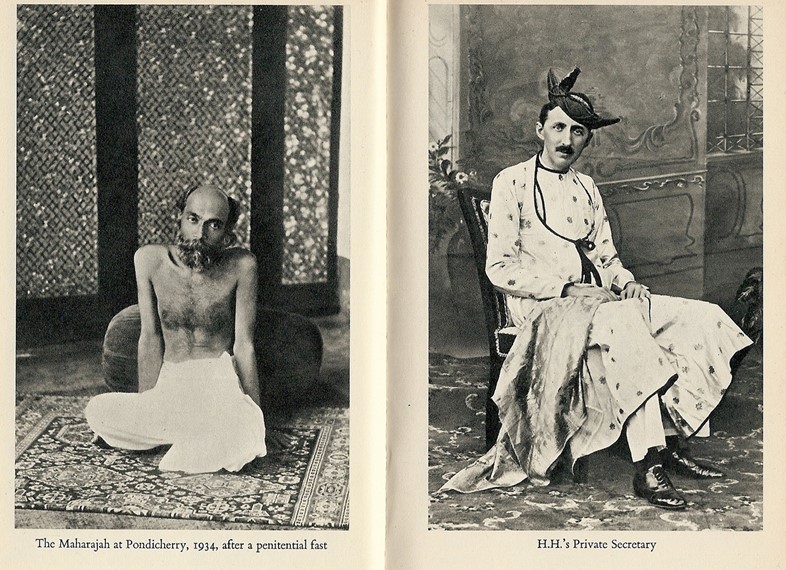
1. A Passage to India by E. M. Forster
“A Passage to India by E. M. Forster was the first book that I remember reading and thinking, ‘Yes, at last, this is the book I have been looking and waiting for!’ It is profound in so many different ways, and funny and inspirational."
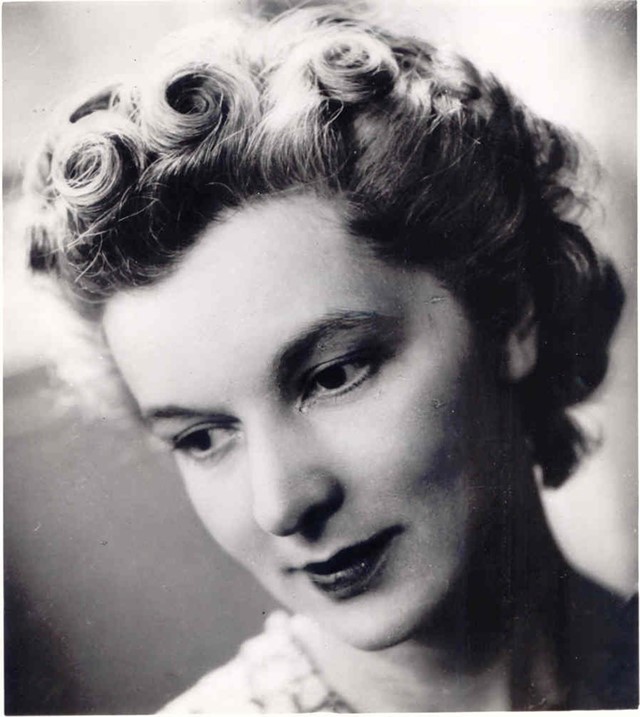
2. The Weather in the Streets by Rosamond Lehmann
“Another important novel was The Weather in the Streets by Rosamond Lehmann; in fact, I now think this is rather a pernicious book – its emphasis on lurve, its dismissal of feminism – but it was a huge influence at the time.”
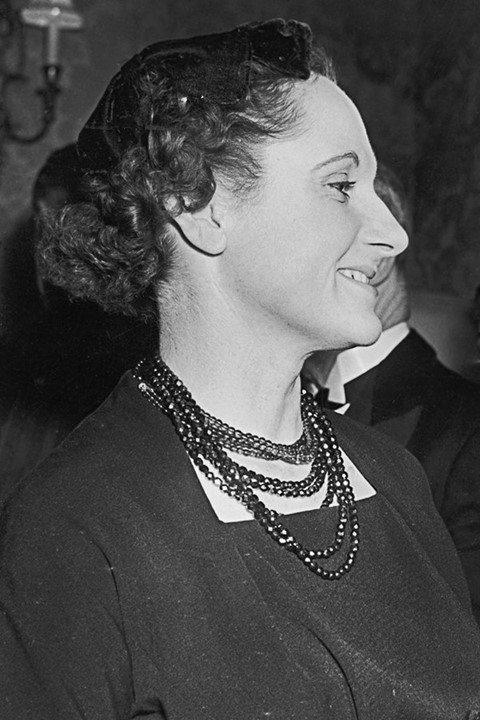
3. At Mrs Lippincote’s by Elizabeth Taylor
“These days I think Elizabeth Taylor is a far, far better writer than Rosamond Lehmann, right up there with E. M. Forster. At Mrs Lippincote’s is her first published and in some ways best novel, a crucial part of my mental landscape.”
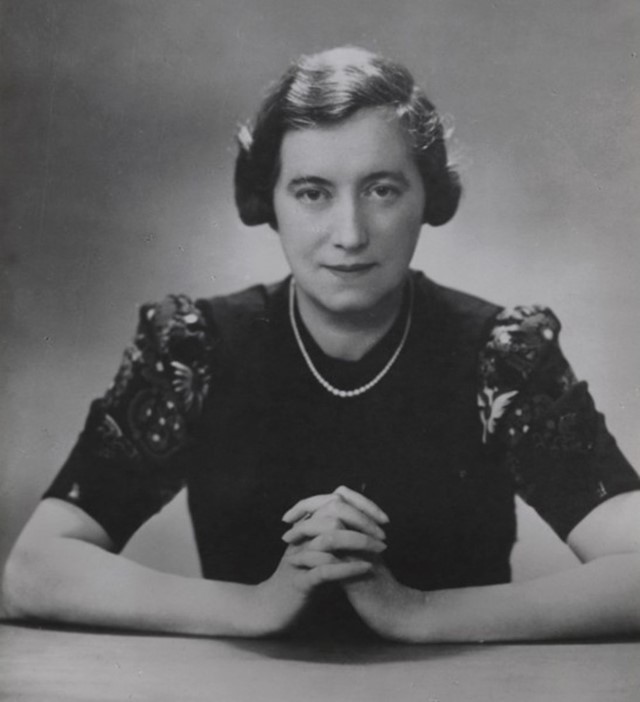
4. Someone at a Distance by Dorothy Whipple
“Someone at a Distance was the novel that I was always lending to my friends when I started discovering the kind of books that used to be verboten in universities, and on book pages, but it is slowly becoming mainstream and is now a Persephone Books bestseller.”
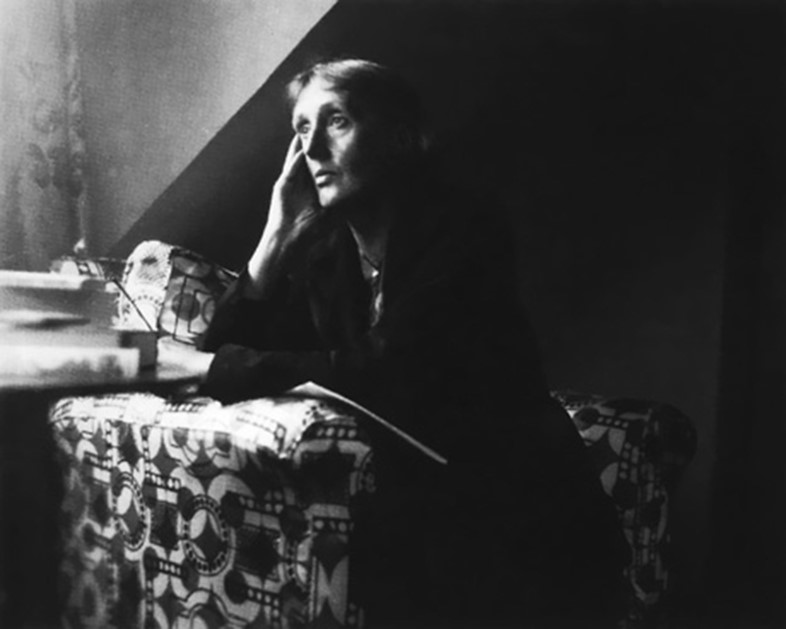
5. The Diary of Virginia Woolf by Virginia Woolf
“Finally, the publication of Virginia Woolf’s Diaries in five volumes from 1977-84 was SO important for late-20th-century feminists, and for anyone working and reading about 20th-century women writers, or women’s lives in general. For modern women there could not be a better bedside book.”
For more, see Persephone Books.
